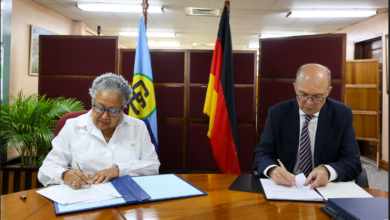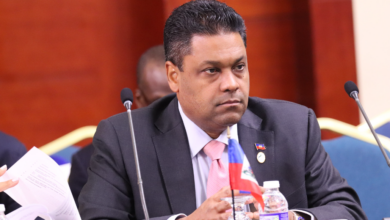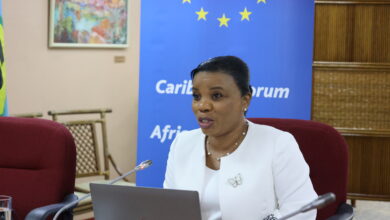GEORGETOWN, Guyana – On the human level, there is a lot of sympathy for Hugo Chávez in his battle against an unspecified cancer in a Cuban hospital. On the political level, however, his loyal supporters in the United Socialist Party of Venezuela (PSUV) and the Venezuelan government may be doing the cause of democracy in that country something of a disservice by seeking to interpret the national constitution as they are with regard to the postponement of Mr Chávez’s January 10 inauguration.
According to Article 231 of the Venezuelan Constitution, “The president-elect shall take office on January 10 of the first year of his or her constitutional term, by taking an oath before the National Assembly. If for any unforeseen reason, the President of the Republic cannot be sworn in before the National Assembly, he or she shall take the oath of office before the Supreme Court.”
The PSUV-dominated National Assembly has unsurprisingly accepted the government’s argument that since there is no reference to a specific date for taking the oath before the Supreme Court – or Supreme Tribunal of Justice (STJ) as it is officially known – it can be done at a later date. The legislature has also approved the open-ended absence of the President to allow him time to recover from his illness. It is a very humane ruling, but is it, strictly speaking, legal?
Accredited Third StatesNewsVenezuela (Bolivarian Republic)





